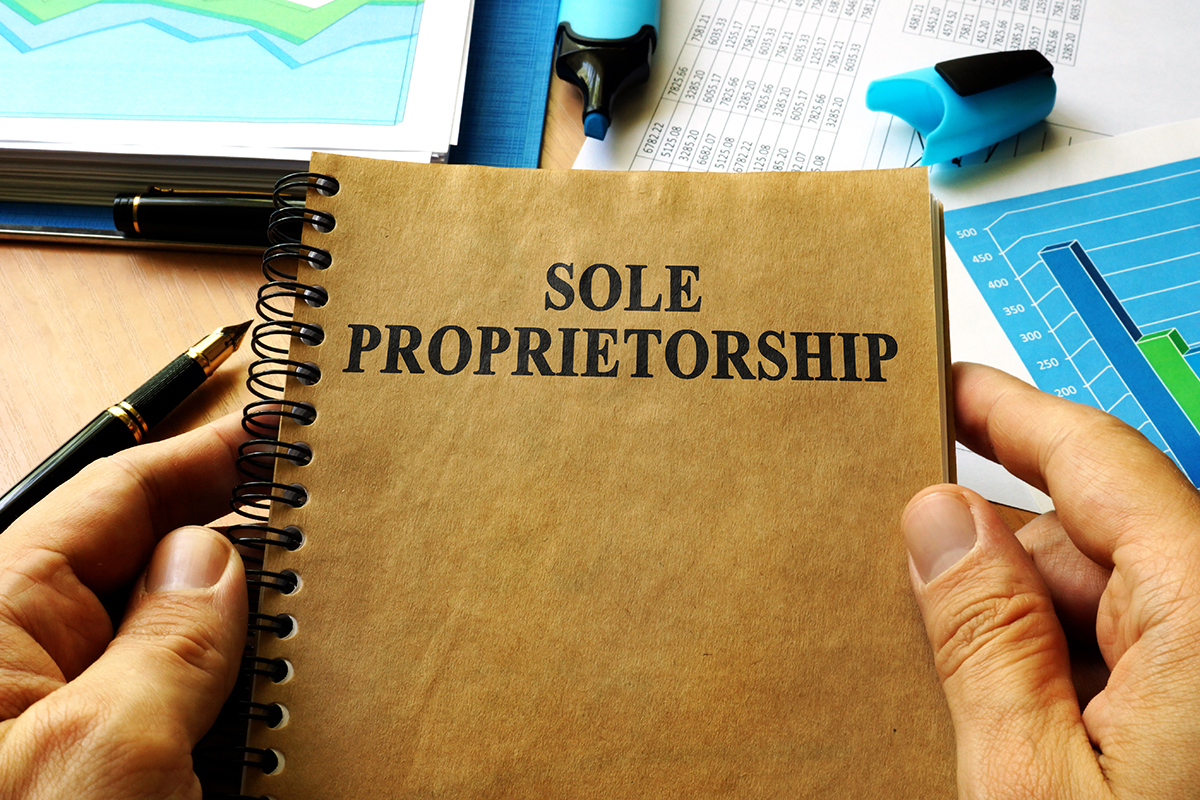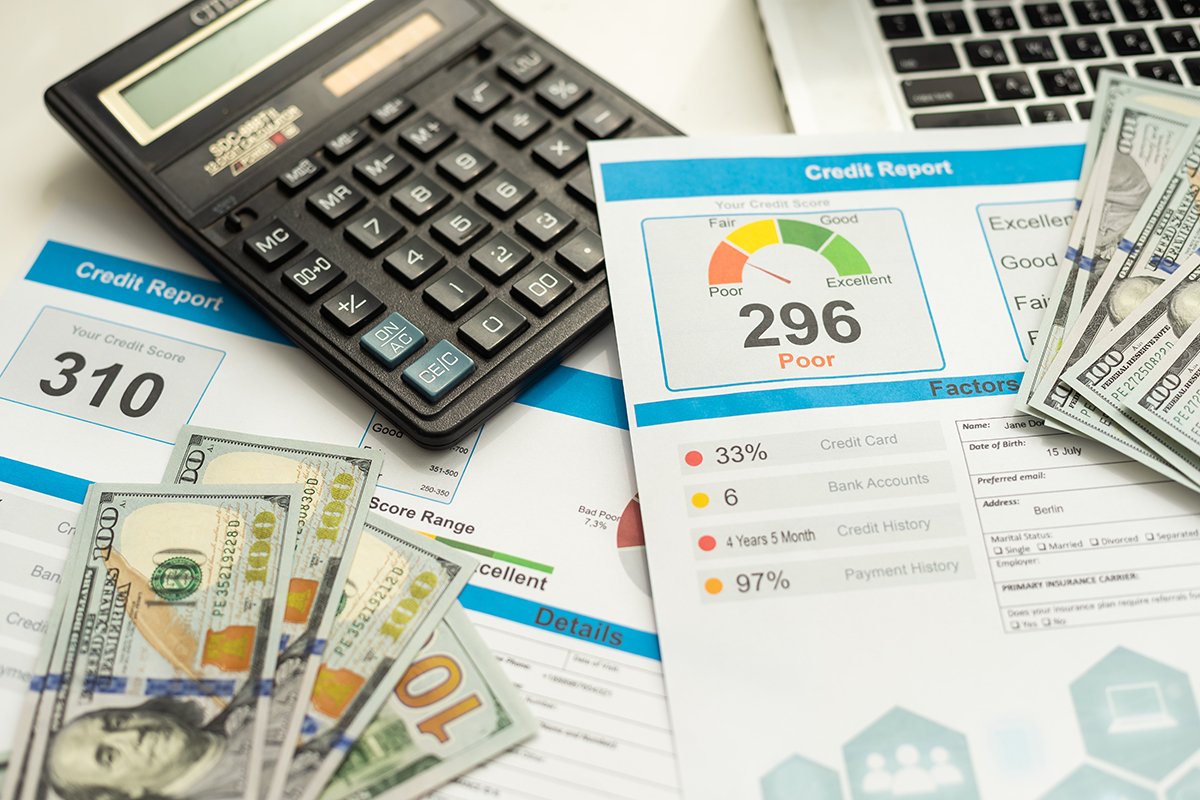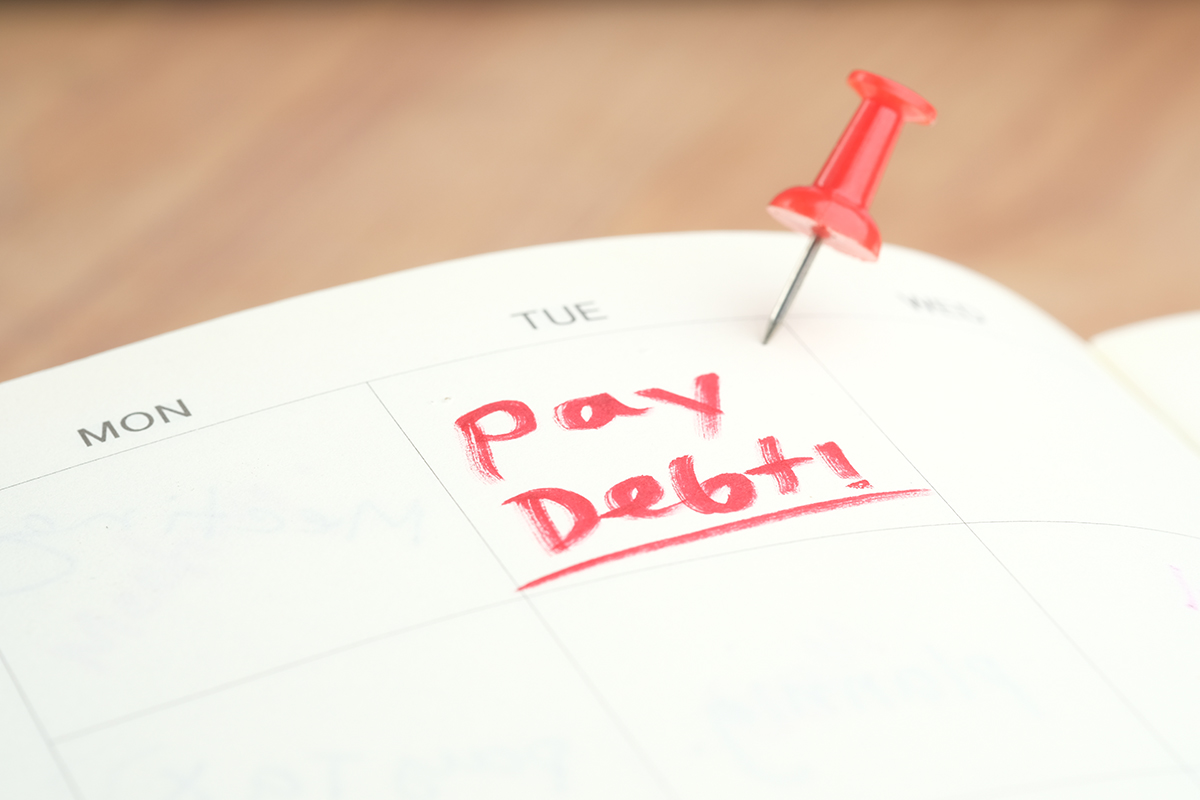Bankruptcy can be particularly challenging for sole proprietors, as their personal and business finances are intertwined. Understanding how bankruptcy impacts a sole proprietorship can help make an informed decision during this difficult time.
Business filings in the US rose 40.4 percent, from 13,481 to 18,926, in 2023. [1]
What is a Sole Proprietorship?
A sole proprietorship is the simplest form of business structure where the owner and the business are legally the same entity. This means the owner is personally responsible for all business debts and obligations.
In Michigan, sole proprietors do not need to file formal paperwork to establish their business beyond local licensing requirements, though they may need to register a trade name.

Bankruptcy Basics
Bankruptcy is designed to help individuals or businesses that cannot repay their debts. There are several types of bankruptcy, including:
- Chapter 7: This involves liquidating non-exempt assets to pay off creditors, with any remaining unsecured debt typically discharged.
- Chapter 11: Often used by businesses, this type allows for reorganization and debt restructuring while continuing operations.
- Chapter 13: This involves a repayment plan to pay off debts over three to five years, suitable for individuals with regular income.
Each type has different implications for debt relief and asset management.
Key Considerations for Sole Proprietors Filing for Bankruptcy
Personal vs. Business Assets in Bankruptcy Proceedings
For sole proprietors, personal and business assets are not legally separated. This means that in bankruptcy proceedings, all assets—both personal and business—can be subject to liquidation to repay creditors.
In a Chapter 7 bankruptcy, for example, a trustee may seize and sell personal property, as well as business assets, to satisfy outstanding debts. Personal assets, such as their home or personal savings, could be at risk if the business cannot cover its debts.
Potential Impact on Personal Credit and Financial Future
Filing for bankruptcy can significantly impact a sole proprietor’s personal credit score, as business and personal credit are intertwined. A bankruptcy filing will stay on a credit report for up to 10 years, potentially making it challenging to secure future loans or credit.
Moreover, bankruptcy may affect one’s ability to obtain certain types of insurance or rental agreements. Understanding these long-term consequences is vital for planning a financial recovery and rebuilding credit after the bankruptcy process is complete.

Steps to Take Before Filing for Bankruptcy
Before filing for bankruptcy, a sole proprietor should:
- Assess Financial Situation: Gather and review all financial documents, including debts, assets, income, and expenses.
- Explore Alternatives: Consider whether other solutions, such as debt consolidation or negotiation, could resolve financial issues without bankruptcy.
- Complete Credit Counseling: U.S. bankruptcy law requires individuals to complete a credit counseling course before filing. This step helps to ensure that bankruptcy is the appropriate option and provides insight into managing finances going forward.
The Bankruptcy Filing Process for Sole Proprietors in Michigan
Sole proprietors looking to file bankruptcy in Michigan may find this guidance useful:
Initial Consultation and Gathering of Financial Information
The process starts with a consultation with a bankruptcy attorney. The sole proprietor must provide detailed financial information, including assets, liabilities, income, and expenses. This information helps the attorney determine the best type of bankruptcy to file and prepare for the next steps.

Filing the Petition and Required Documentation
The sole proprietor then files a bankruptcy petition with the Michigan bankruptcy court.
This includes:
- Bankruptcy Petition: Request for bankruptcy relief.
- Schedules of Assets and Liabilities: Detailed lists of all assets and debts.
- Statement of Financial Affairs: Overview of financial activities.
- Statement of Income and Expenses: Breakdown of income and expenses.
Accurate and complete documentation is essential to avoid delays or dismissal of the case.
The Role of the Bankruptcy Trustee
After filing, a bankruptcy trustee is appointed by the court. The trustee’s responsibilities include:
- Reviewing Assets: Evaluating assets for liquidation or protection under Michigan’s exemption laws.
- The 341 Meeting: The bankruptcy trustee oversees the meeting where the debtor answers questions about their financial status.
- Managing the Bankruptcy: Overseeing asset liquidation in Chapter 7 or confirming the repayment plan in Chapter 13.
Dealing with Creditors and Debt Repayment Plans
Key aspects include:
- Automatic Stay: Immediate halting of creditor actions upon filing.
- Debt Repayment Plan (Chapter 13): Proposing a plan to repay debts over three to five years, which must be approved by the court.
- Creditor Claims: Creditors file claims, which the trustee reviews and addresses during the bankruptcy.
These steps ensure a structured approach to managing bankruptcy, with specific considerations for Michigan’s legal framework and exemptions.

Alternatives to Bankruptcy for Sole Proprietors
Here are a few alternatives to bankruptcy that might suit your needs:
Debt Consolidation and Negotiation
- Debt Consolidation: Combines multiple debts into a single loan with lower interest, simplifying payments.
- Debt Negotiation: Works with creditors to reduce debt amounts or adjust payment terms.
- Financial Restructuring: Restructuring financially involves reorganizing business operations and finances to improve profitability and manage debt.
Exploring Business Loans or Grants
- Business Loans: Provides capital for managing debt or operations, though it adds to financial obligations.
- Business Grants: Offers funds without repayment but is highly competitive.
If you’re considering bankruptcy or alternatives to bankruptcy, consult Frego Law to explore the best path forward for your business.
FAQs
Sole proprietors can file for Chapter 7 (liquidation), Chapter 11 (reorganization), or Chapter 13 (repayment plan) bankruptcy. Each type has different implications for debt relief and asset management.
Bankruptcy exemptions protect certain assets from being seized. In Michigan, these may include equity in a primary residence, personal property, and retirement accounts. However, exemptions have limits and vary based on the type of bankruptcy.
Yes, alternatives include debt consolidation, negotiating with creditors, financial restructuring, and exploring business loans or grants. Each option has its pros and cons compared to bankruptcy.
Bankruptcy can significantly impact personal credit, remaining on the credit report for up to 10 years. This may affect future creditworthiness and financial opportunities.
It depends on the type of bankruptcy filed. Chapter 11 and Chapter 13 may allow the business to continue operating, while Chapter 7 may require liquidation of business assets, potentially closing the business.
Consult with a financial advisor or bankruptcy attorney to evaluate your situation, explore all available options, and determine the best course of action for your financial health.
Source:
[1] Bankruptcy Filings Rise 16.8 Percent. (2024, January 26). United States Courts. https://www.uscourts.gov/news/2024/01/26/bankruptcy-filings-rise-168-percent




